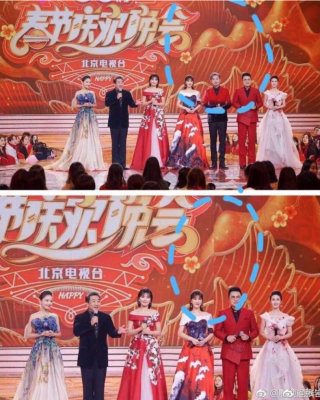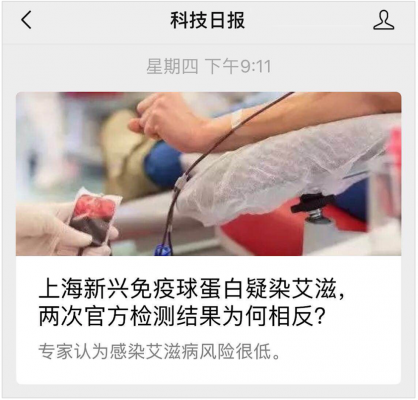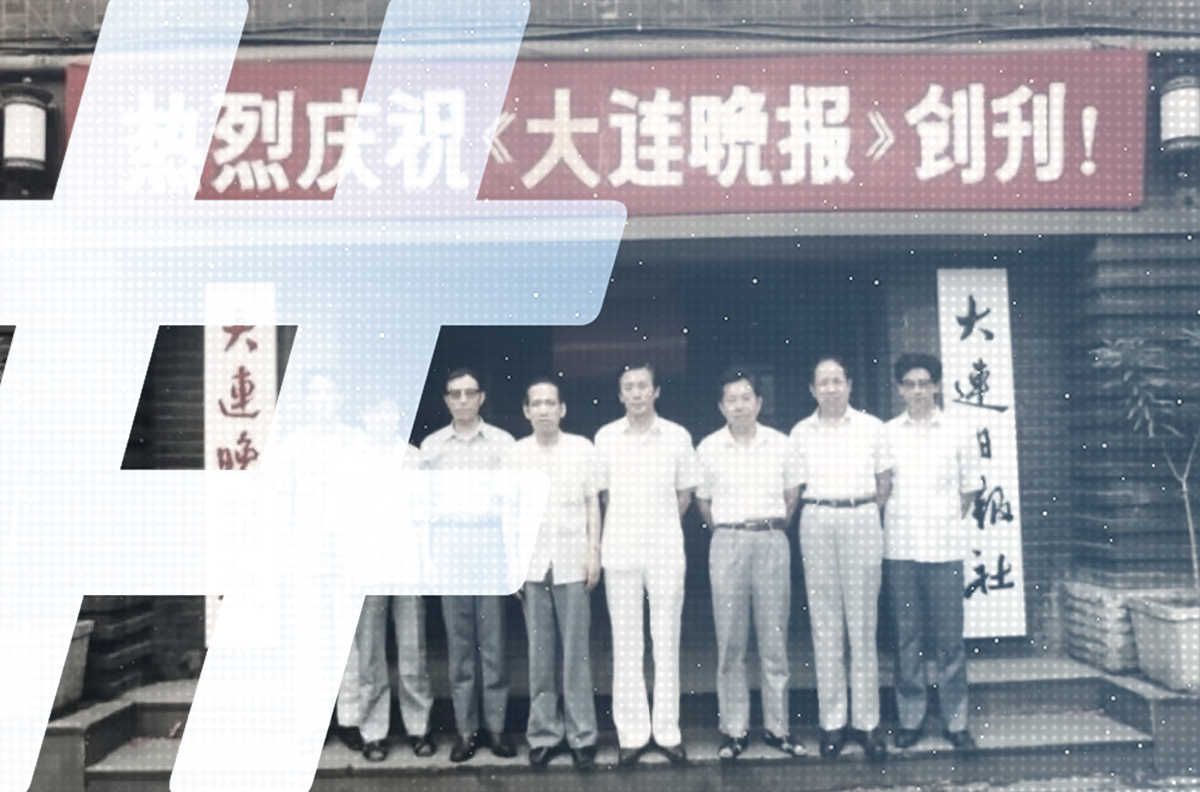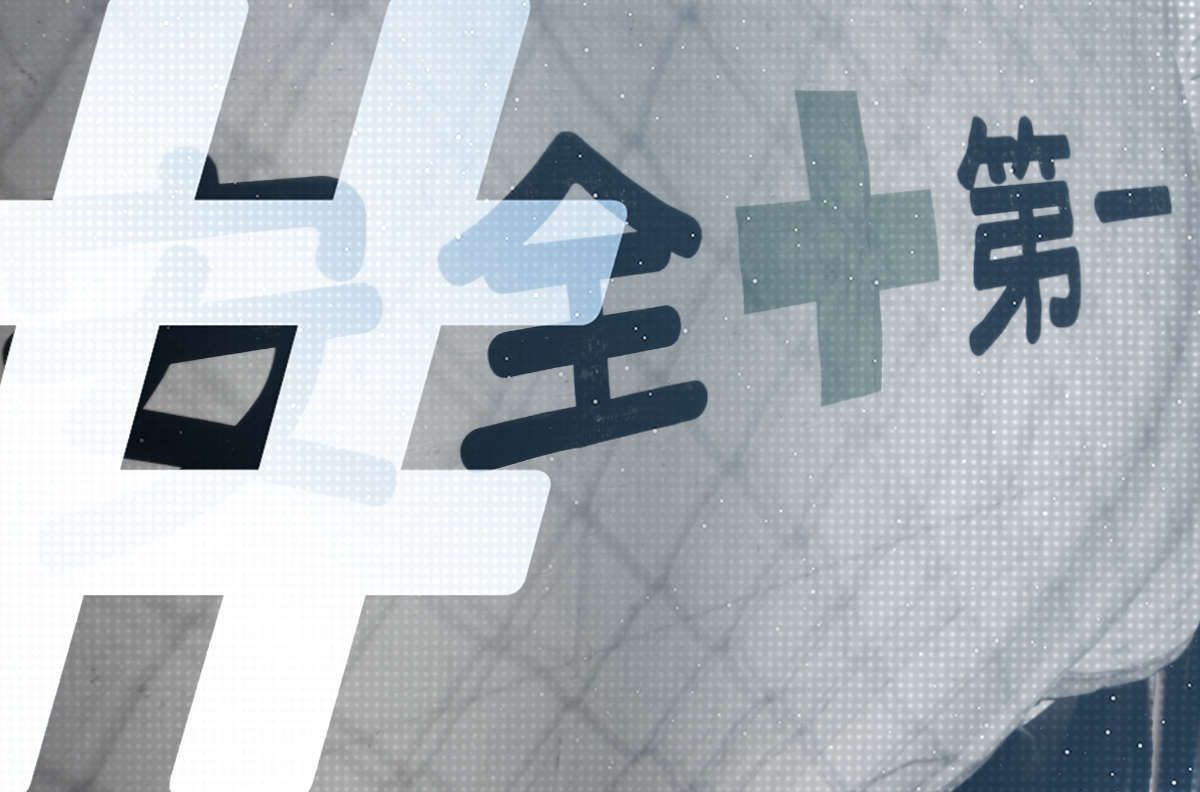Headlines and Hashtags
Blockbuster nationalism and viral propaganda
In Mao’s China, it was not at all uncommon for the Party to expunge from official photographs people who were deemed either irrelevant or politically toxic — the objective being to highlight Chairman Mao and those who were seen as his loyal followers. Some interesting examples of these acts of rewriting visual history are documented in this 2013 post by Oiwan Lam. In the early 1970s, as Lin Biao and Peng Dehuai fell into disfavour, they were systematically scrubbed from photographs with Mao.
This week we have an interesting contemporary example of this kind of image scrubbing for propaganda purposes. But the erased is not a political leader in disfavour, but rather a celebrity in the midst of scandal, and therefore deemed morally unsuited to appear in a prominent program on Beijing TV to celebrate the Spring Festival.
Also this week, readers should note how the Chinese Communist Youth League is discussing its own propaganda efforts over the past year, and the need to leverage social media platforms and other emerging media to find new ways to reach young people with the Party’s messaging. Worthy of attention, too, is the discussion taking shape in China around the release of the science fiction blockbuster film “The Wandering Earth.” To what extent does the film pander to nationalist sentiment, going against the work of short fiction that inspired it?
THIS WEEK IN CHINA’S MEDIA
February 2-8, 2019
➢ Chinese Communist Youth League takes year-end stock of its top attempts at viral propaganda
➢ Actor edited out of Spring Festival television event after scandal breaks
➢ Blood plasma products reported to be contaminated with HIV
➢ “The Wandering Earth” hits screens to general praise, and discussion of nationalism as a selling point
[1] Chinese Communist Youth League takes year-end stock of its top attempts at viral propaganda
Beginning on February 5, the Central Committee of the Chinese Communist Youth League (CCYL) began running reviews on its official WeChat account of how the League, nicknamed “Tuan Tuan” (团团), engaged with audiences over the past year through various social media channels. The point of the reviews is apparently to highlight the work the CCYL has done to modernise propaganda and reach younger audiences with the messages of the leadership.
One example on the CCYL’s review of what it characterised as its “top” posts on Zhihu (知乎), a Chinese question-and-answer website similar to Quora, was a discussion about the CCYL’s opening of accounts on two popular video streaming sites, Kuaishou (快手) and Tik Tok (抖音). The question was phrased: “How should we view the Chinese Communist Youth League’s announcement that it will join Kuaishou and Tik Tok?” The answer: “When the Chinese Communist Youth League officially joined Kuaishou and Tik Tok on October 1, 2018, this received both attention and ridicule from internet users. Facing this situation, this team responded on Zhihu: ‘General Secretary Xi Jinping has said before that wherever the youth are, the league’s organisation and work must extend there, and so Tuan Tuan is coming for the sake of the youth!'”
The CCYL’s top-ten list of songs over the past year consisted entirely of patriotic songs, including “Born Unbending” (生来倔强), a tune produced by the CCYL-operated China Youth Workshop (青微工作室) about military maneuvers in the South China Sea.
Such public acts of taking stock of the implementation of Party policies are common in the Chinese political system, as various offices and institutions strive to signal to the leadership that they are proactive.
KEY SOURCES:
WeChat public account “CCYL” (共青团中央): 喜欢动漫就是“精日”?中国是一个幸运的国家吗?| 团团年度知乎文章榜TOP10
AND: 不看后悔系列!「那兔·生于忧患」「中国的未来拜托了」 团团年度视频音乐TOP10
Bilibili:【刘老师】走心解说这部讲述中国近几年飞速发展的电影!
AND: 南海阅兵MV震撼发布
[2] Actor edited out of Spring Festival television event after scandal breaks

Wu Xiubo (吴秀波), an actor and musician best known in China for his leading role in the television series “Before the Dawn,” was hastily removed from the pre-recorded broadcast of Beijing Television’s annual Spring Festival Gala (春节联欢晚会) after his extramarital affairs with several women, including actress Chen Yulin (陈昱霖), became public.
In its broadcast on the night of February 5, Beijing Television deleted portions of the program led by prominent hosts, including Wu, and made an awkward substitution of on-screen text. For the program opening and for bridging scenes in which the appearance of the hosts was unavoidable, the network digitally removed Wu Xiubo, as can be seen from the following screenshots of the original and edited versions.
At a national conference on management of programming for television and online video, held in Beijing on November 28, 2018, the National Radio and Television Administration (NRTA) emphasised a policy called the “Four No Uses” (四个坚决不用), instructing broadcasters “resolutely not to use actors whose conduct and morals are at odds with the Party” (对党离心离德), who are “coarse, vulgar or kitsch” (低俗、恶俗、媚俗), who “do not have a lofty ideological horizons and character” (思想境界、格调不高) — meaning in accord with the ideas of the Party — and who are “tainted by scandal” (有污点有绯闻).
KEY SOURCES:
WeChat public account “Li Shang Wang Lai” (里上往来): BTV春晚就这样创造了历史
Baidu Encyclopedia (百度百科): 吴秀波出轨门
Guangming Daily (光明日报): 全国广播电视与网络视听文艺节目管理工作会议召开 坚决向追星炒星、高价片酬等说“不”
National Radio and Television Administration (国家广播电视总局): 聂辰席同志部署全力推进春晚冲刺阶段工作
[3] Blood plasma products reported to be contaminated with HIV
Chinese media reported on February 5, drawing on public notices from various provincial health departments, that a blood plasma product tested in Jiangxi province and manufactured by Shanghai Xinxing Pharmaceutical had been found to be contaminated with the HIV virus. The same day, the China National Health Commission (国家卫健委) ordered hospitals across the country to avoid use of the product and to monitor patients closely who had been exposed.

On February 6, the China Food and Drug Administration (国家药监局) released the preliminary findings of its investigation into Shanghai Xinxing Pharmaceutical, and said blood products it had tested came back negative for HIV, hepatitis B and hepatitis C.
On February 7, the WeChat public account “Science and Technology Daily,” operated by the newspaper of the same name, quoted a health expert as saying that the positive result obtained by the facility in Jiangxi, followed by a negative result from national health authorities, suggested the issue might be “a discrepancy in detection technology yielding two results.” By February 9, this WeChat post had already been removed from the platform, but versions were available on other websites.
KEY SOURCES:
Caixin Online (财新网): 上海新兴一批号血液制品曝出艾滋病抗体阳性
WeChat public account “Chong’an zu 37” (重案组37号), under The Beijing News (新京报): 上海新兴医药1.2万余瓶血液制品疑染艾滋,或因采血流程出问题
WeChat public account “Healthy China” (健康中国): 国家卫生健康委关于“静注人免疫球蛋白艾滋病抗体阳性”有关问题的回应
Beijing Daily (北京日报): 国家药监局公布涉事免疫球蛋白检测结果
WeChat public account “Science and Technology Daily” (科技日报): 上海新兴免疫球蛋白两次官方检测结果为何相反?
[4] “The Wandering Earth” hits screens to general praise, and discussion of nationalism as a selling point
“The Wandering Earth,” the blockbuster science fiction film epic produced by China Film Group Corporation, and based on a short story by writer Cixin Liu, was released in Chinese theaters on February 5 to a generally positive reception. As of February 7, the box office take had reached 800 million RMB, or roughly 118 million US dollars. The Xinhua Daily Telegraph, a newspaper published by the official Xinhua News Agency, said that as the country’s first major science fiction film, “The Wandering Earth” had established a strong foundation for future Chinese science fiction films. But plenty of commentators also noted the strong strain of nationalism in the film.
Among such views on the film voiced domestically, that of media personality Song Jinbo (宋金波) was rather representative of the overall tone. Song said that the original science fiction work behind “The Wandering Earth” had achieved, in its measure and perspective, a kind of storytelling that evinced the notion of a “community of common destiny,” or renlei mingyun gongtongti (人类命运共同体). This phrase used by Song is an official one employed by the Chinese Communist Party since 2012, and is now a central feature of foreign policy under President Xi Jinping. But Song seemed to appropriate the official phrase to denote a quality more universal, and less specific to the foreign policy goals of the CCP. He remarked that film version of “The Wandering Earth” had gone beyond this notion of a “community of common destiny” to highlight the aspect of “national honor and shame” (国族荣辱), something the original work by Cixin Liu had avoided and in fact opposed.
KEY SOURCES:
Xinhua Daily Telegraph (新华每日电讯): 中国科幻电影一大步 首部国产科幻大片《流浪地球》口碑票房双丰收,靠什么?
The Beijing News (新京报): 剧组成员90%“纯国产”,都是国内团队,绘制3000多张概念图,新京报专访主创聊幕后故事《流浪地球》 中国科幻片的种子终于发芽
WeChat public account “Fei Teng” (沸腾): 《流浪地球》虽好,但“降维打击”了原著的价值观 | 沸腾




















